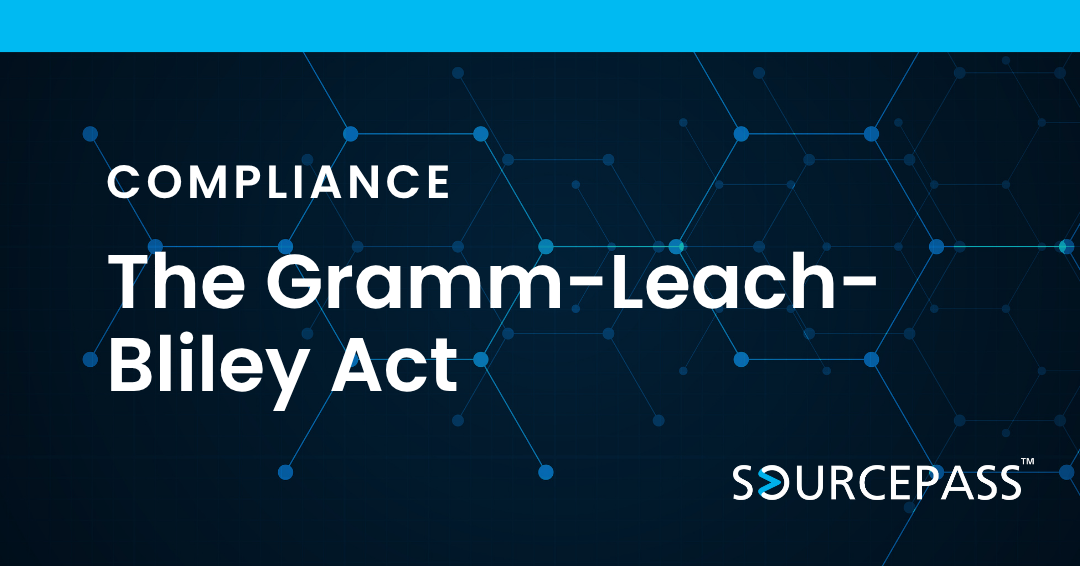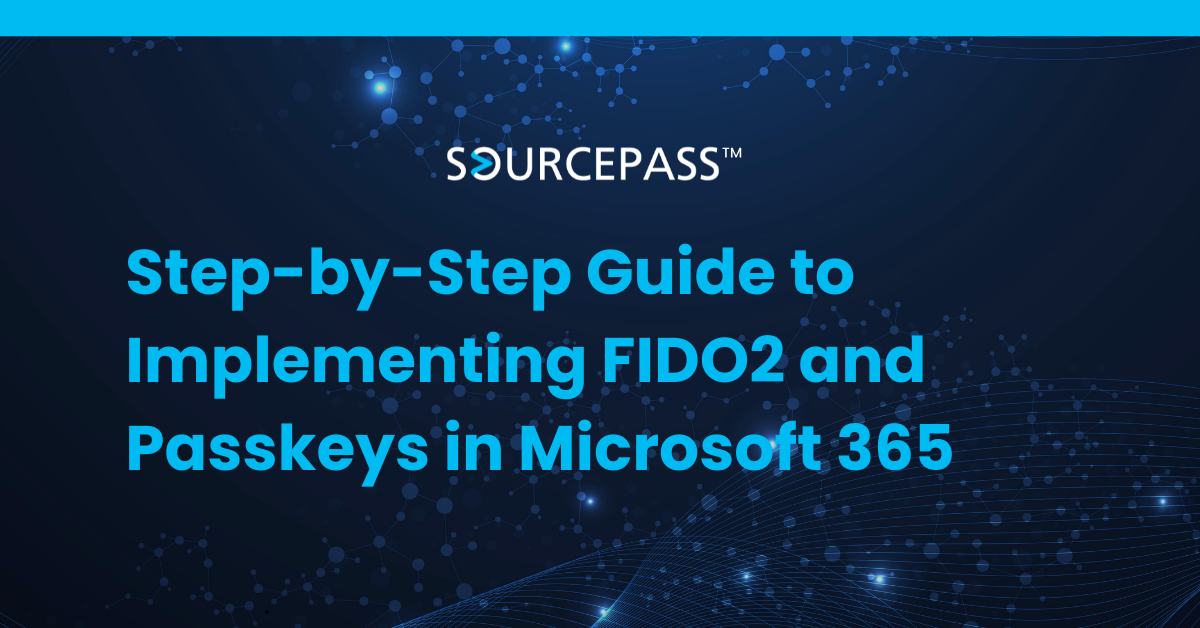The Gramm-Leach-Bliley Act: What It Is, Who It Affects, and How to Stay Compliant
Jun 02, 2025 Admin Compliance Regulations 2 min read



The protection of consumer financial data is a top priority in today’s digital landscape, making compliance with federal regulations essential for businesses handling sensitive information. One such regulation is the Gramm-Leach-Bliley Act (GLBA), which mandates strict guidelines for financial institutions to safeguard customer data. This article explores what the GLBA is, which industries it affects, its compliance requirements, and the role of IT and cybersecurity in ensuring adherence.
What Is the Gramm-Leach-Bliley Act?
The GLBA, enacted in 1999, was designed to modernize financial services by removing barriers between commercial banks, investment banks, and insurance companies. However, a critical component of the law focuses on consumer privacy, requiring financial institutions to protect nonpublic personal information (NPI) and inform customers about how their data is shared.
Industries Affected by the GLBA
The GLBA applies primarily to financial institutions, which include but are not limited to:
- Banks and credit unions
- Mortgage brokers and lenders
- Insurance companies
- Investment firms and financial advisors
- Debt collection agencies
- Tax preparation services
- Auto dealerships offering financing services
Any business that deals with consumer financial information, even indirectly, may be subject to GLBA regulations.
Compliance Requirements and Key Components
Organizations subject to the GLBA must comply with three primary rules:
1. The Financial Privacy Rule
This rule requires financial institutions to:
- Provide clear and accurate privacy notices to customers, detailing how their data is collected and shared.
- Allow consumers to opt out of data-sharing with third parties in certain situations.
- Explain how the company protects customer information.
2. The Safeguards Rule
The Safeguards Rule mandates the implementation of a comprehensive information security program that includes:
- Assigning a qualified individual to oversee data security.
- Conducting regular risk assessments to identify vulnerabilities.
- Implementing access controls, encryption, and multi-factor authentication (MFA).
- Monitoring and testing security measures regularly.
- Developing an incident response plan.
- Ensuring third-party service providers comply with security requirements.
3. The Pretexting Provisions
This provision prohibits organizations and individuals from engaging in pretexting (social engineering tactics) to gain unauthorized access to customer information. Employees must be trained to recognize and prevent such tactics.
The Role of IT and Cybersecurity in GLBA Compliance
IT and cybersecurity teams play a crucial role in ensuring compliance with the GLBA. Key responsibilities include:
- Data Encryption: Encrypting sensitive financial data in transit and at rest to prevent unauthorized access.
- Access Controls: Implementing strict access management protocols, including least privilege principles.
- Security Monitoring: Using intrusion detection systems (IDS) and security information and event management (SIEM) tools to monitor network activity.
- Regular Security Audits: Conducting penetration testing and vulnerability assessments to identify weaknesses.
- Incident Response Planning: Establishing and testing an incident response plan to mitigate potential data breaches.
- Employee Training: Educating staff on cybersecurity best practices and social engineering threats.
Why GLBA Compliance Matters
Failure to comply with the GLBA can lead to severe consequences, including fines, reputational damage, and legal liabilities. More importantly, implementing GLBA security standards helps protect customer trust and enhances an organization’s overall cybersecurity posture.
For financial institutions and businesses handling consumer financial data, compliance with the Gramm-Leach-Bliley Act is not just a legal requirement but also a strategic necessity. By adopting strong cybersecurity measures and maintaining a robust compliance program, organizations can safeguard sensitive information while staying ahead of regulatory requirements.
Subscribe To
Sourcepass Insights
Sourcepass Insights
Stay in the loop and never miss out on the latest updates by subscribing to our newsletter today!



